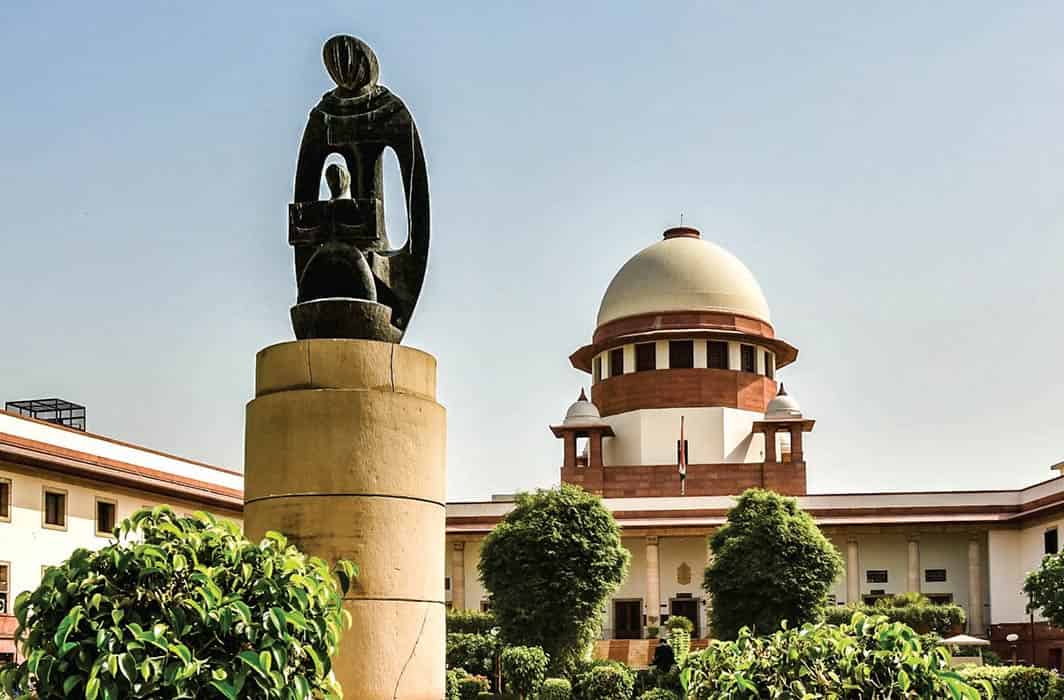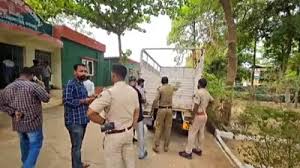The Constitution's Article 300-A states that no one may be stripped of their property unless a court orders it.
New Delhi: According to the Supreme Court, a person's right to own property is guaranteed by the constitution and cannot be taken away from him unless he receives just compensation in line with the law.
According to a bench of justices B R Gavai and K V Viswanathan, the Constitution (forty-fourth amendment) Act, 1978, made the right to property no longer a fundamental right; nonetheless, it remains a human right in a welfare state and a constitutional right under Article 300-A of the Constitution.
The Constitution's Article 300-A states that no one may be stripped of their property unless a court orders it.
In an appeal contesting a Karnataka High Court ruling from November 2022 in a case involving land acquisition for the Bengaluru-Mysuru Infrastructure Corridor Project (BMICP), the top court rendered its decision on Thursday.
According to the top court, the landowners who were appellants before it were forced to knock on the doors of the courts multiple times over the course of the previous 22 years, and they were evicted from their property without receiving any payment.
It stated that the appellants were denied compensation due to the "lethargic attitude" of the State/KIADB staff, not because there was any delay that might be linked to their nonpayment.
In an appeal contesting a Karnataka High Court ruling from November 2022 in a case involving land acquisition for the Bengaluru-Mysuru Infrastructure Corridor Project (BMICP), the top court rendered its decision on Thursday.
"As discussed hereinabove, though the right to property is no more a fundamental right, in view of the provisions of Article 300-A of the Constitution of India, it is a constitutional right," the court stated.


.jpg)
.jpg)
.jpg)
.jpg)

.jpg)